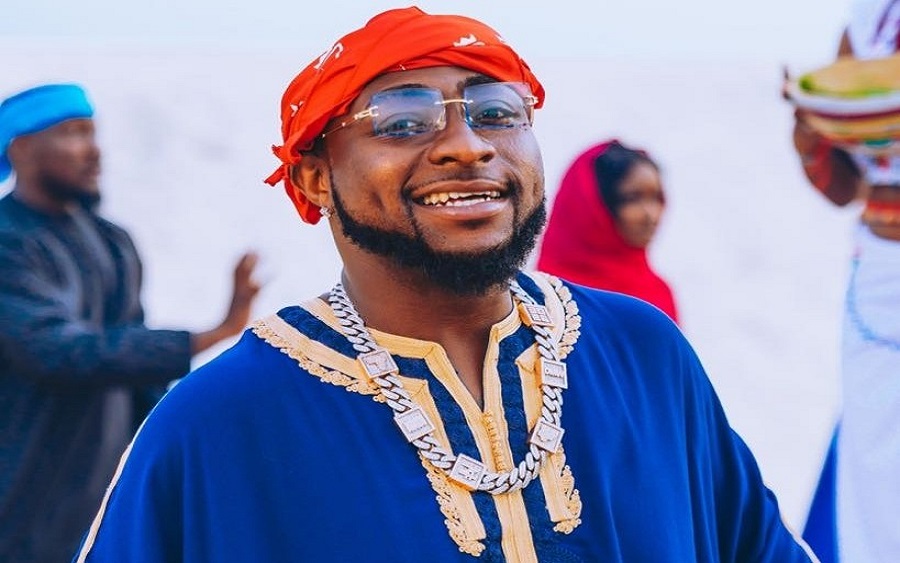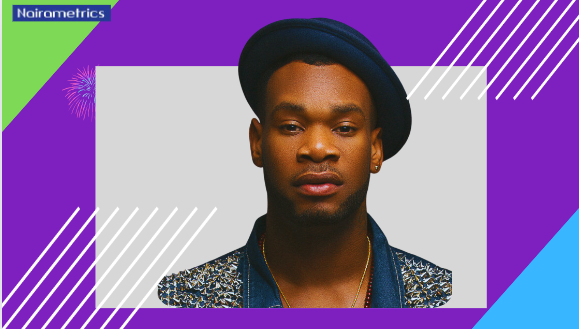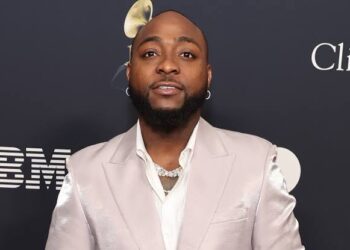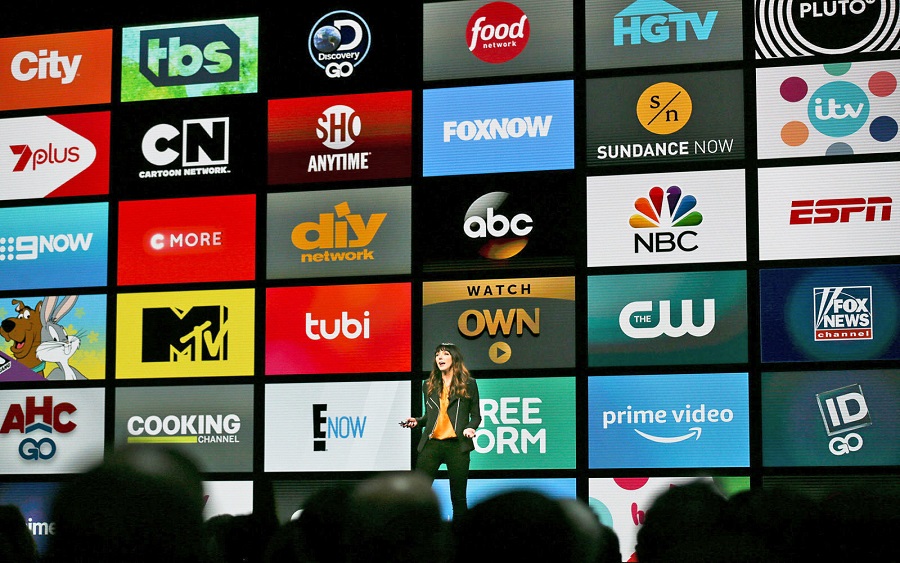The Nigerian music industry has come a long way, from the early times of Afrobeat patriarch, Fela Kuti, King Sunny Adé, Oliver De Coque, and William Onyeabor to the present-day stars like Wizkid, Davido, Burna Boy, Tiwa Savage, and Rema, it has continually evolved while consistently crossing the country’s borders into other parts of the world.
Nigeria’s music industry has been on a winning streak, for example, streaming giant Spotify revealed that revenues generated by Nigerian artists on its platform reached N11 billion ($14 million) in 2022. By 2023, that figure had surged to N25 billion, marking an over 100% year-on-year increase in streaming revenue.
Furthermore, the National Bureau of Statistics reported that motion pictures, sound recording, and music production constituted a significant portion of the arts and entertainment industry’s contribution to the country’s GDP. Specifically, these sectors represented 82.16%, equating to N1.62 trillion, of the N1.97 trillion generated by the arts and entertainment industry. At an exchange rate of N896 as of December 31, 2023 this equates to an industry worth of about $1.81 billion.
While these numbers may seem modest compared to more developed markets, the potential for exponential growth has drawn the attention of major international music conglomerates. These global players have made significant inroads into Nigeria’s music industry by partnering with local record labels and signing recording contracts with popular local artists.
This influx has significantly enhanced production values, benefiting consumers, but has also escalated production costs, challenging creatives. As a result, the role of effective record label management has become more critical than ever.
In the intricate ecosystem of the music industry, record labels and artists are indispensable partners who serve as incubators, supporting emerging artists by providing financial assistance for creation, distribution, and marketing.
As the industry moves towards contributing significantly to the entertainment sector’s projected $15 billion outlook by 2025, the influence of record label CEOs becomes increasingly pivotal. In no particular order here are 10 record label CEOs driving the Nigerian music industry forward by enabling talents and scouting diamonds in the rough.
Charles Enebeli, better known by his stage name D’Prince, is a Nigerian Afropop singer, record executive, and entrepreneur born on October 23, 1986, in Lagos. He is the founder of the entertainment company and record label Jonzing World, which he established in 2019 and through which he first signed singer Rema, before joining Mavins.
D’Prince is the younger brother of Don Jazzy, the CEO of Mavin Records. He attended King’s College in Lagos and later pursued a career in music, inspired by mentors Fela Kuti and Bob Marley.
D’Prince’s career began in 2005 with Mo’ Hits Records, where he contributed to several hit songs and released his debut album, “Frenzy,” in 2012. After the dissolution of Mo’ Hits Records, he joined Mavin Records, releasing notable singles and albums, including “OYO (On Your Own)” and “Gucci Gang.”
In 2019, D’Prince launched Jonzing World, an imprint of Mavin Records, signing artists like Rema and Ruger. His record label released successful tracks like “One Shirt,” featuring Ruger and Rema, further solidifying his influence in the Nigerian music industry.























